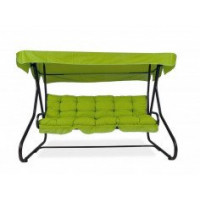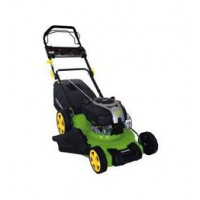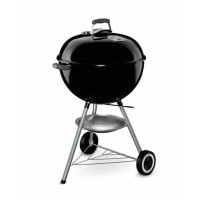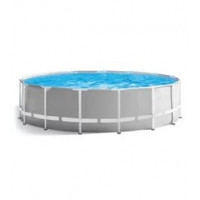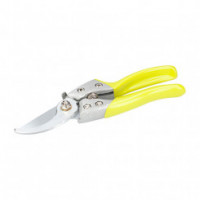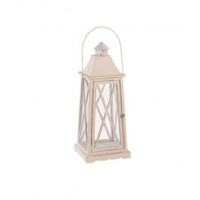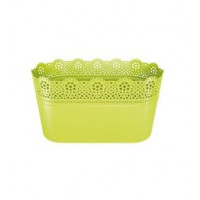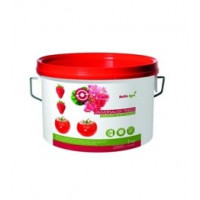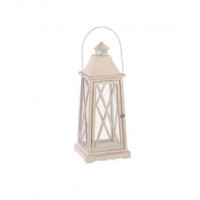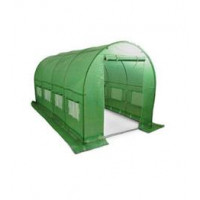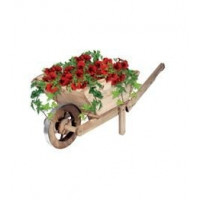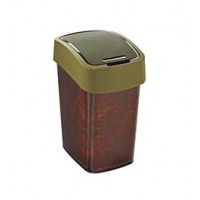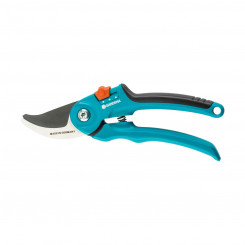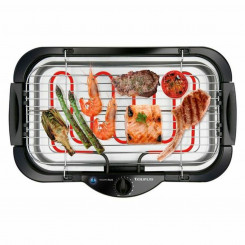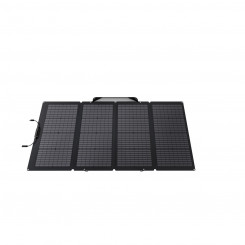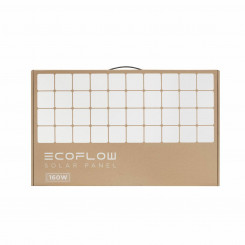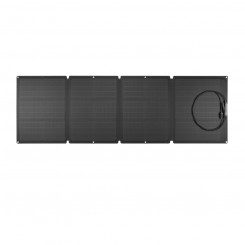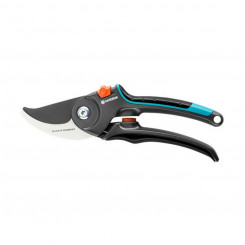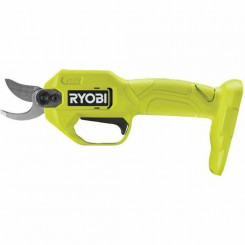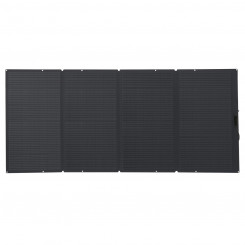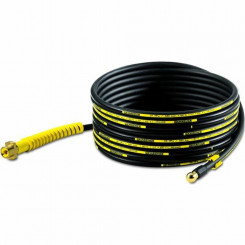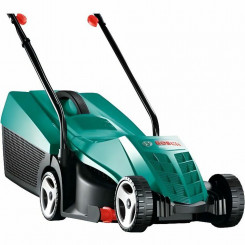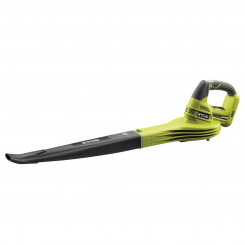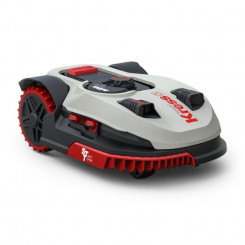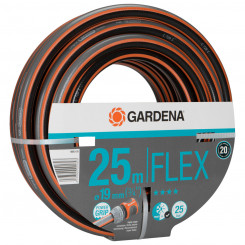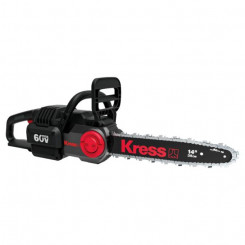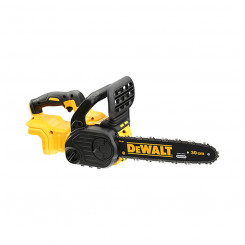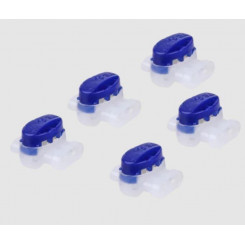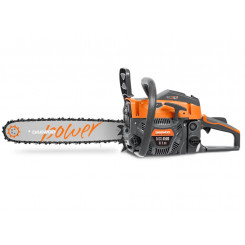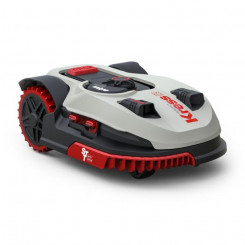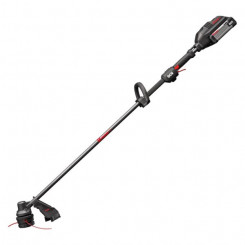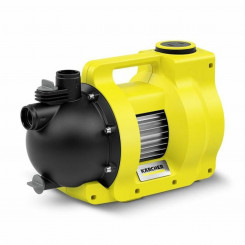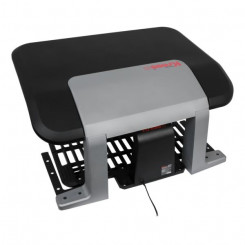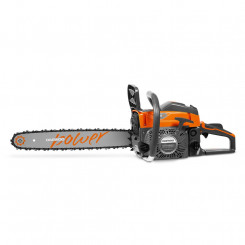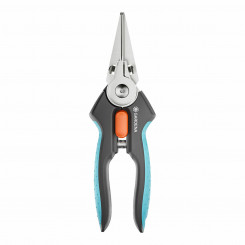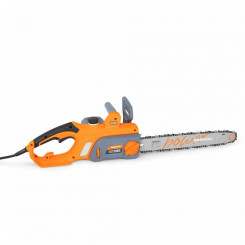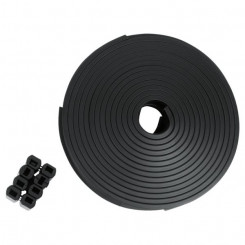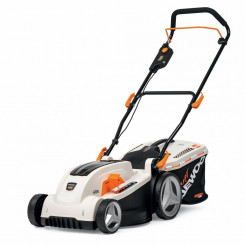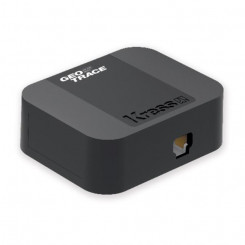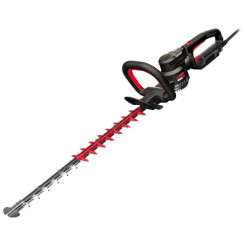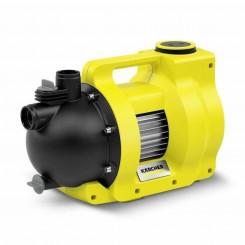Welcome to our online store offering a wide range of innovative and high-quality goods for the garden. With our extensive collection, you can transform your garden into a thriving oasis of tranquility and natural beauty. From gardening tools to stylish outdoor furniture, we have everything you need to enhance your outdoor space.
Quality Gardening Tools for Every Gardener
At our online store, we understand the importance of having the right tools for successful gardening. That's why we offer a diverse selection of top-quality gardening tools that cater to every gardener's needs. Whether you are a seasoned green thumb or a novice enthusiast, our tools are designed to make your gardening tasks effortless and enjoyable.
Efficient Gardening Equipment
In order to achieve exceptional results, it is crucial to have efficient gardening equipment. Our online store is a one-stop destination for all your gardening equipment needs. From state-of-the-art watering systems to advanced soil testing kits, we provide you with the tools necessary to nurture and maintain a healthy and thriving garden.
Stylish Outdoor Furniture for Relaxation
Gardens are not just meant for gardening, they are also a place to relax and unwind. Our online store offers a stunning selection of stylish and durable outdoor furniture pieces that will transform your garden into a cozy retreat. Whether you prefer lounging on a comfortable sofa or enjoying a meal at a beautiful dining set, we have the perfect furniture to suit your taste and enhance your outdoor living experience.
Enhance the visual appeal of your garden with our range of eye-catching decorative items. From elegant fountains to charming garden ornaments, we offer a wide variety of decorative accents that will add a touch of personality and charm to your outdoor space.
Durable and Weather-Resistant Products
We understand that durability and weather-resistance are essential when it comes to outdoor products. That's why all our goods for the garden are carefully selected to ensure they can withstand the elements and last for years to come. Rest assured, our products are crafted using high-quality materials that are designed to withstand varying climatic conditions, ensuring that your garden remains beautiful and functional throughout the seasons.
Environmentally Friendly and Sustainable Options
As a responsible online store, we are committed to offering environmentally friendly and sustainable options. We believe in promoting eco-conscious practices, and therefore, many of our gardening goods are sourced from sustainable materials and practices. By choosing our products, you can help contribute to a greener and more sustainable future for the planet.
Exceptional Customer Service
At our online store, we prioritize providing exceptional customer service to ensure your shopping experience is both pleasant and hassle-free. Our knowledgeable and friendly customer support team is always ready to assist you with any queries or concerns you may have. We strive to deliver your orders in a timely manner, so you can start enjoying your garden goods as soon as possible. Your satisfaction is our utmost priority.
Explore our extensive collection of goods for the garden and bring your outdoor space to life. With our high-quality products, outstanding customer service, and commitment to sustainability, we are confident that you will find everything you need to create your dream garden at our online store.

